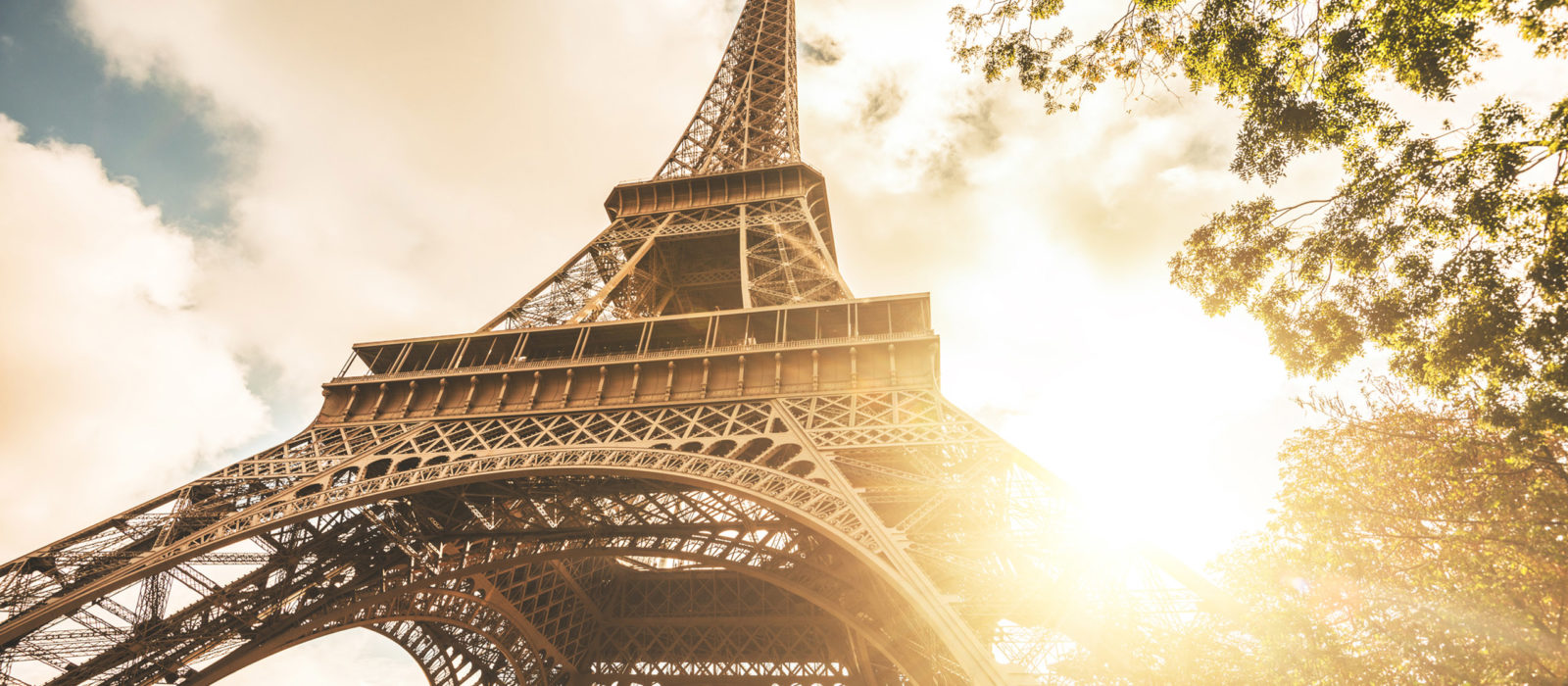Published on: October 31st, 2016
Last modified: August 3rd, 2022
We've compiled our list of most frequently asked questions to help you get prepared before your big adventure to France. Please read through the questions, using the navigation bar on the left hand side of your page to move easily between the different sections.
Please note that requirements and advice can change so we do recommend you check in with your own travel insurer, doctor and relevant local embassies before embarking on your adventure.
Are there any entry requirements for France?
For US, Canadian and EU passport holders a visa is not required for stays of up to 90 days as France is part of the Schengen border free zone. For any other nationalities who do require a visa before arrival please make sure you have enough time to complete the process before arrival.
Please note that requirements can change and we recommend that our guests contact the local embassy in the country where you live for the most recent and up to date information.
Passports
UK, US and Canadian passport holders will need more than 3 months left on your passport from your intended departure date. UK passport holders cannot travel if their passport is more than 10 years old, regardless of the expiry date.
We will confirm certain elements of your trip such as domestic flights, permits or train tickets using your current passport details. If a member of your party changes their name in their passport after booking (for example, through marriage or adoption) this could mean having to reissue important parts of the trip at an extra cost and subject to availability.
Do I need travel insurance?
Yes, once your trip is confirmed it is essential that you take out comprehensive travel insurance to cover you in case anything unexpected happens.
We always recommend that our guests get the maximum level of coverage that you feel comfortable investing in. Read more about travel insurance for US travellers here and for travellers from other countries here.
Do I need to visit a travel doctor before my trip?
Yes, it is always recommended to talk to your Travel Doctor before taking a trip. You should discuss your itinerary and international travel arrangements to hear any recommendations or advice they may have.
No vaccinations are required for travel to any part of mainland France.
What do I need to know about my regional flights?
Flights within Europe are usually with standard commercial airlines and airports are generally large and easy to transit. Two hours is the recommended time needed before check in for European flights. Most airlines will allow seat selection up to 48 hours prior to departure although seats are subject to change on most airlines. If you do have flights within your trip we will be sure to share the relevant ticket information with you before travel.
What will I receive from Jacada before I depart?
Travel pack
Before you head off on your adventure you will be sent a travel pack. The travel pack is full of great information and is also a beautiful keepsake. It is not necessary to travel with vouchers or confirmations on your trip but we do recommend having a printed copy of your travel itinerary to hand when you arrive into France.
Bon Voyage email
Around 2 weeks before you depart we will email you an electronic version of your travel pack including your domestic flight tickets. Once you’ve received this email your Travel Designer will reach out to arrange a time for you to talk on the phone to go over any last minute questions and talk you through the information we’ve sent over.
Do I need to bring the local currency?
The currency in France is the Euro and no other currency will be accepted. ATMs are generally easy to find (they will often charge a small fee for withdrawals) and credit cards are accepted widely in the main cities and larger shops and restaurants.
Large cities and International airports will have a bureau de change and you can exchange US Dollars and other currencies here, you will need to show ID (typically a passport) when you exchange currency in France.
If you’re travelling to very remote areas then ATMs become less frequent so we recommend making sure you have the cash you need before leaving larger cities or towns.
Can you tell me about tipping and etiquette in France?
Cafes and restaurants in France include a 15 percent service charge in the check, which is required by French law. The words service compris indicate that the tip has already been included, so take a good look at the bill when it arrives.
- If you’d like to tip on top of the service charge, a small amount is a nice gesture. Anything between 5 and 10% is considered generous.
- If there is a coat check at the restaurant, or anywhere else, it is customary to tip €1 for every large item when you come back to pick up your belongings.
- If you order a drink at a bar or cafe, a tip of €1 to €2 per drink is optional if you receive good service.
- In hotels a €2-€3 tip is good practice for a bellhop, €1-€2 per night for the housekeeper and €10 for a concierge
- 5-10% for cab drivers is good practice, although not expected
What’s the weather like and how should I pack?
France follows a classic mediterranean climate in the South of the Country with warm and dry summers and cool winters that do see some rain. Paris and Northern France is similar to the UK and can see more wet days than in the South. Winter time in the North can feel very cold with strong winds and even snow.
What to pack depends on where you travel, your excursions and activities and the time of year you go. It’s best to speak with your travel designer or concierge for a personalised list of travel essentials we recommend packing.
Should I make restaurant reservations?
We highly recommend that you make restaurant reservations in advance of your trip. Once your trip is confirmed you will be introduced to your concierge who will be able to assist you in not only making the reservations but also making recommendations based on your preferences.
What’s the transport like?
Taxis are easy to find in the cities and commonly used. Hotels and restaurants will be happy to help you flag down a taxi. Trains are easy to use both within cities and for day trips out of the city, and generally reasonably prompt. We don’t recommend taking buses in cities.
How can I keep connected on my trip?
France uses plugs C and E so you will most likely need a plug adapter for your trip to France. Most big hotels will have one to hand if you need it but it’s recommended to buy one before you travel.
Wifi is generally easy to find in hotels, cafes and major restaurants, much like when you’re at home.. Cell phone coverage is generally good but can be a little patchy in very remote areas or if you’re hiking.. It’s recommended to speak with your cell phone provider to ask about roaming charges.





